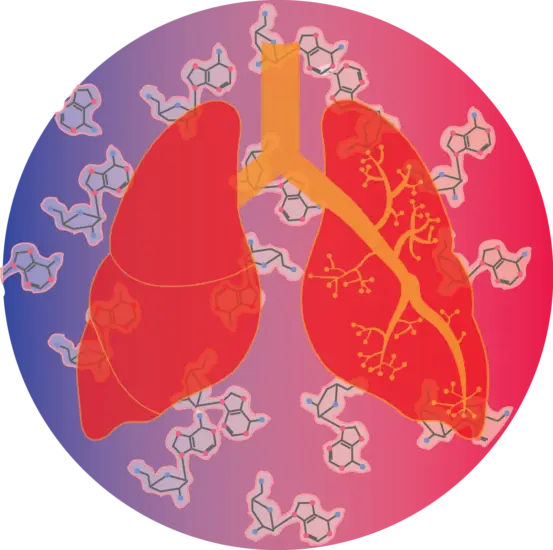“Securing SPARK funding and learning how to communicate science to a lay audience has given me the confidence to believe in myself and my science, and connect with people who are looking for an opportunity to help make research possible.
I have learned how to manage a small project, train and mentor project assistants, and even provided high school students with the opportunity to learn about sex biases in immunology. I believe my SPARK project has ignited years worth of research that may not have otherwise been explored.”


